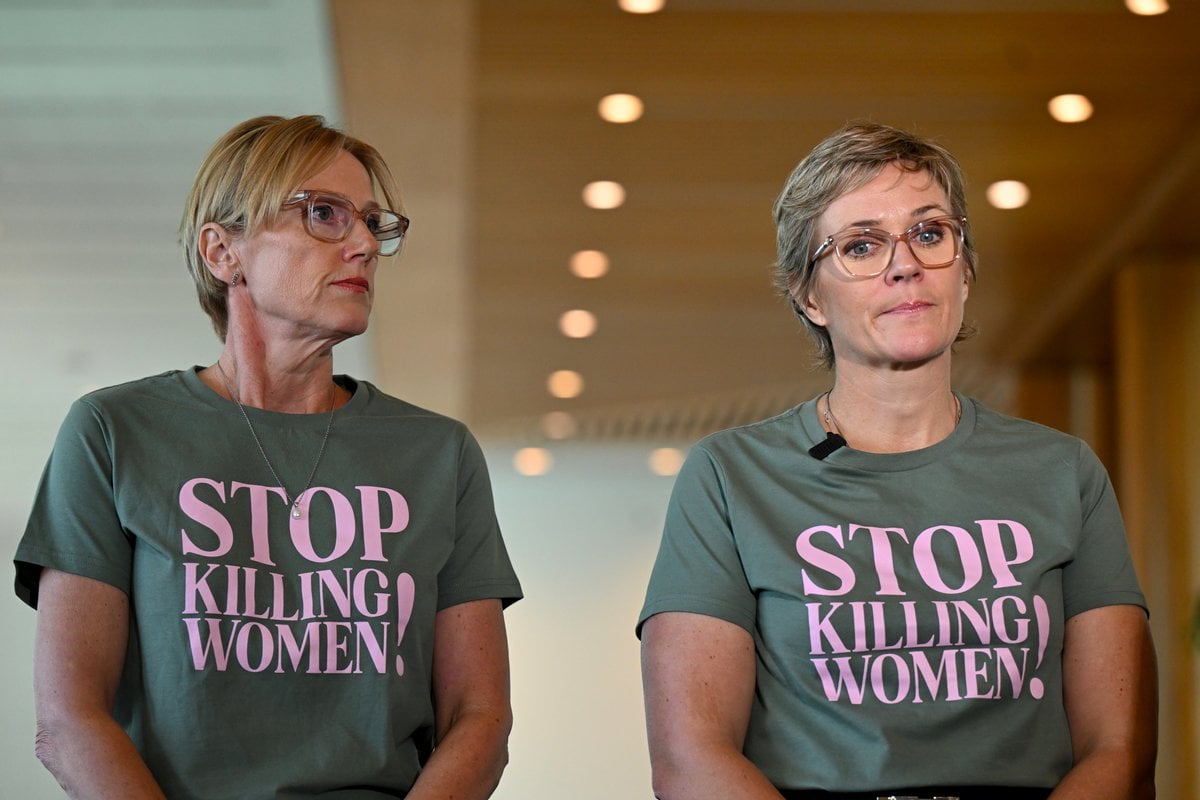
Recently domestic and family violence has been filling news headlines for all the wrong reasons. The Australian Institute of Criminology reports that the rate of women killed by an intimate partner has increased by nearly 30 per cent in 2022-23.
According to Destroy the Joint, at least 28 women have been murdered by their male partner this year. Alarmingly, Our Watch indicates Aboriginal and Torres Strait Islander women experience disproportionally high rates of violence, being 31 times more likely to be hospitalised due to family violence-related assaults.
Like many women and men, I am angry and frustrated.
Too many women are being killed by men, current and former intimate partners or strangers, and the response from all levels of government is just not good enough. It is a national crisis and there cannot be any more business as usual. We need a step change and crisis response to keep women and children safe.
The Federal Government's plan is the National Plan to End Violence against Women and Children 2022-2032. Whilst it is an important roadmap and commitment by the Albanese Government, it will only be effective if it's underpinned with strong policy changes and funding for essential services. But it estimates taking 10 years!
How many more lives will be ruined and women murdered in that time?
Watch: women and violence, the hidden numbers. Post continues below.




























































































